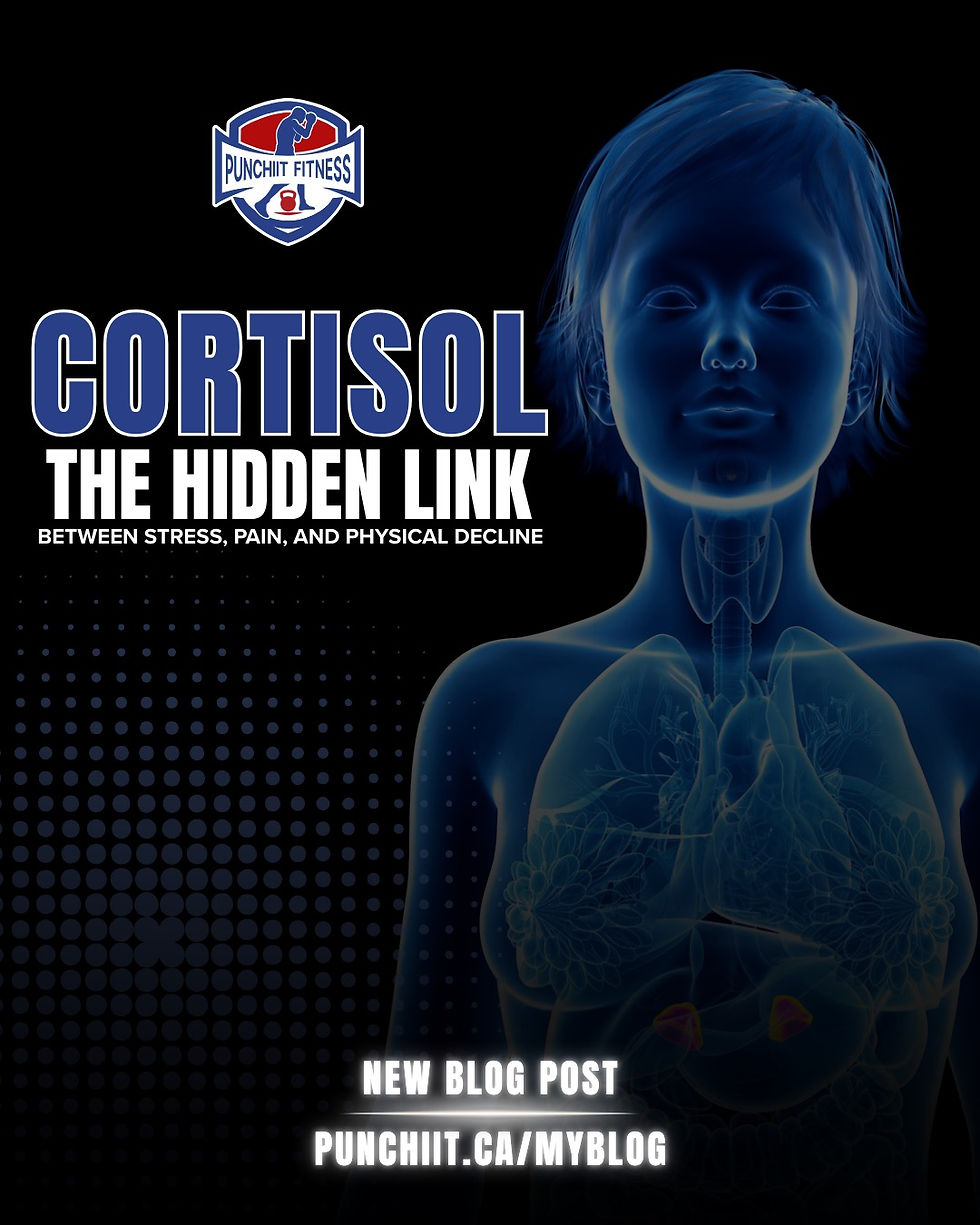Magnesium and the ADHD Brain: What You Need to Know
- Sonny Wilson
- Sep 25, 2025
- 3 min read

When it comes to managing ADHD, most people think of therapy, medication, and lifestyle changes—but there’s a quiet powerhouse that often flies under the radar: magnesium.
This essential mineral plays a critical role in the brain—and emerging research and anecdotal evidence suggest it could be especially important for individuals with ADHD. Let’s dive into why magnesium matters, what it does in the brain, and how it might support focus, mood regulation, and impulse control in those with attention-deficit/hyperactivity disorder.
🧠 Why Magnesium Matters for the Brain
Magnesium is involved in over 300 enzymatic processes in the human body, and many of them affect your nervous system. For the brain, magnesium is essential for:
Regulating neurotransmitters, including dopamine and serotonin
Supporting calm neural activity by controlling NMDA (glutamate) receptors
Reducing cortisol, the stress hormone
Promoting relaxation and quality sleep
Helping with impulse control and emotional regulation
Basically, it’s like oil for the brain’s engine—keeping things running smoothly, reducing friction, and helping systems communicate clearly and calmly.
⚡ ADHD and Magnesium Deficiency: Is There a Link?
Some studies have shown that children and adults with ADHD are more likely to have low magnesium levels compared to the general population. While this doesn’t mean magnesium deficiency causes ADHD, it does raise some interesting questions:
Could a magnesium deficiency make ADHD symptoms worse?
Can magnesium supplementation help regulate hyperactivity, restlessness, or poor concentration?
Is low magnesium a result of chronic stress and hyperarousal common in ADHD?
The truth is, we don’t have all the answers yet—but the correlation is strong enough to warrant attention.
🔬 What the Research Says
Several small but promising studies have explored the impact of magnesium on ADHD symptoms:
A 2006 study found that 95% of children with ADHD had magnesium deficiency, and supplementation led to improvements in hyperactivity.
A 2017 review concluded that magnesium supplementation may benefit children with ADHD, especially when combined with other nutrients like vitamin B6.
Magnesium also plays a known role in reducing inflammation, which some researchers believe could be a contributing factor in ADHD-related brain dysfunction.
While more large-scale studies are needed, the existing evidence suggests magnesium may be a helpful tool in a multi-faceted ADHD treatment plan.
🥦 Signs of Low Magnesium
Because magnesium plays a role in calming the nervous system, a deficiency often shows up as symptoms that mimic or worsen ADHD:
Trouble sleeping
Mood swings or irritability
Muscle cramps or twitching
Restlessness
Increased sensitivity to stress
Brain fog or poor focus
These overlap heavily with common ADHD challenges—especially in children or adults under stress.
🍫 How to Get More Magnesium
Good news: Magnesium is found in many whole foods, and supplements are widely available if needed. Here are some dietary sources:
Leafy greens (spinach, chard, kale)
Nuts and seeds (almonds, pumpkin seeds, sunflower seeds)
Dark chocolate
Whole grains (quinoa, brown rice)
Avocados
Legumes (black beans, lentils)
For supplementation, common forms include magnesium glycinate, magnesium citrate, and magnesium L-threonate (which may cross the blood-brain barrier more effectively). Always speak with your doctor or a qualified health provider before starting any supplement—especially if you or your child is already taking medication for ADHD.
🧘♀️ Magnesium, Stress, and Self-Regulation
People with ADHD often live in a state of high arousal—always alert, always stimulated, often anxious. Magnesium acts like a natural brake pedal for the nervous system. It supports better sleep, reduces overstimulation, and may help regulate emotional outbursts.
At PuncHIIT Fitness, we’ve worked with many clients who are managing ADHD through movement, structure, and lifestyle—nutritional support like magnesium is a powerful complement. A calmer brain means better workouts, more consistent habits, and fewer highs and lows.
💡 Final Thoughts
Magnesium isn’t a magic bullet, but it’s a key piece of the puzzle for many ADHD brains.
If you or someone you love is living with ADHD, consider having magnesium levels checked, evaluating diet, and exploring how nutritional strategies could support a more focused, regulated, and calm mind.
Because sometimes the most powerful changes don’t come from doing more—they come from giving your brain what it’s quietly been missing all along.
Want to learn more about ADHD, brain health, or nutrition for focus and mood?
Talk to our coaches at PuncHIIT—we’re here to support your entire health journey, inside and out.





Comments